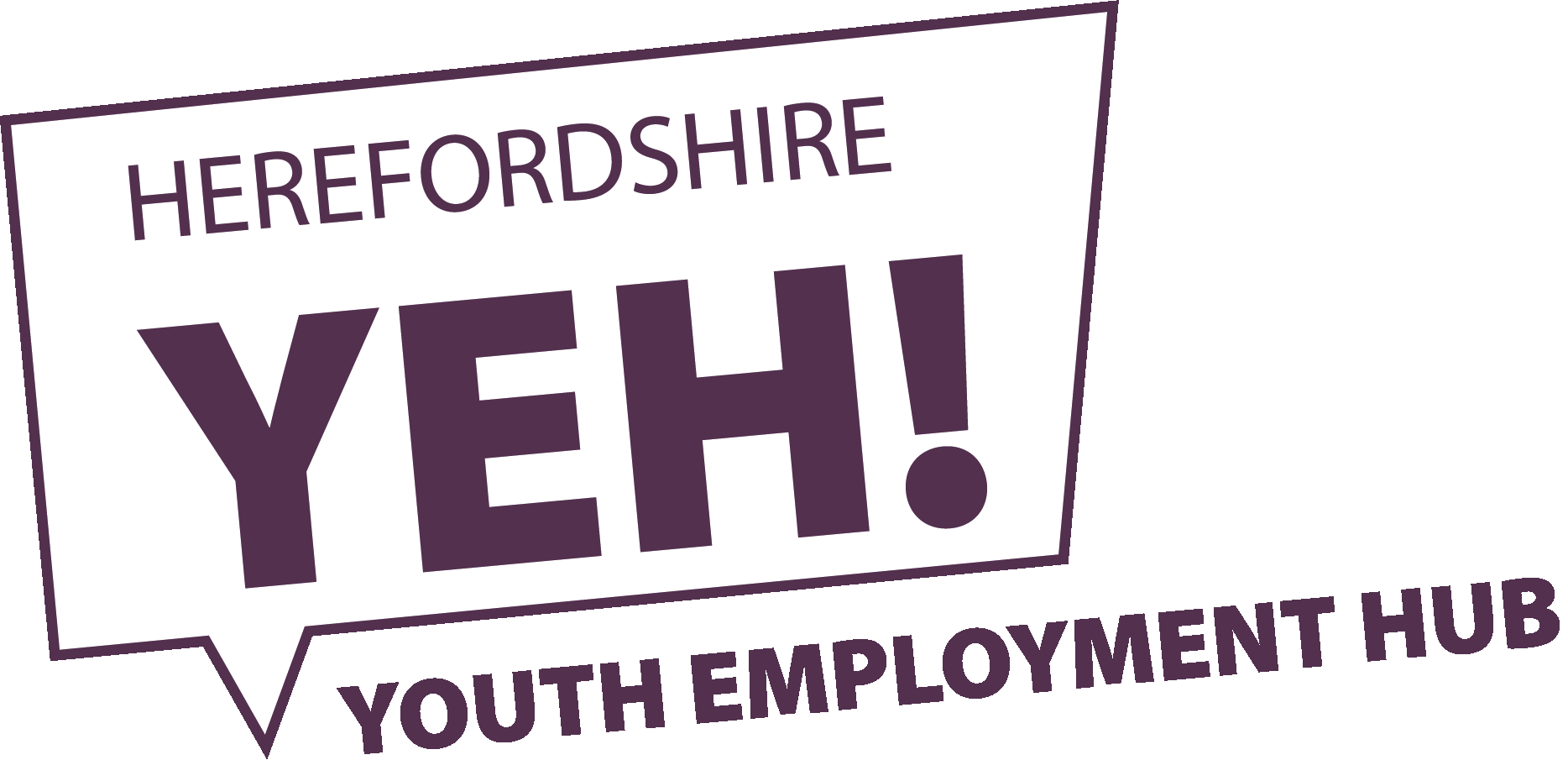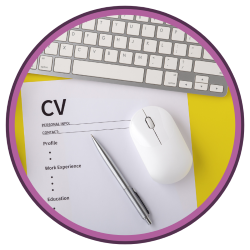
Get help from the Youth Employment Hub
We're here to help you be the best you can be. Call us on 01432 261515 or:
Complete our referral formHow to write a CV
 Your CV is very important and something that most employers will look at when you apply for a job. It is the perfect opportunity to show potential employers your suitability for the role, what experience you have and what you have achieved. Tips:
Your CV is very important and something that most employers will look at when you apply for a job. It is the perfect opportunity to show potential employers your suitability for the role, what experience you have and what you have achieved. Tips:
- Keep it to two pages in length
- Double check spelling and grammar
- Make sure it is easy to read, with a legible font like Arial
- Ask someone else to check it
Basic CV layout
A basic CV layout includes the following sections:
Personal information
Include your name and contact information at the very top of your CV.
Personal summary
In no more than a few sentences, introduce yourself and why you are a great fit for the role. Use relevant positive words such as knowledgeable, approachable, and pro-active. This is the first thing an employer will read and it's important to make yourself stand out against other applicants.
Employment history
In order from most recent to oldest, include all your jobs, work experience, voluntary work and any paid opportunities. Make sure to include your job title, organisation in bold, and start and end dates of employment in brackets. Underneath each job, include a list of achievements to demonstrate how you were an asset to the organisation. If your employment history is too long, only include jobs that are most relevant to the job your are applying for.
If you do not have lots of work experience, you can add a list of key skills to demonstrate your capabilities, including any self-taught skills you are proficient in.
Personal interests
While this should be a seen as an optional section in your CV, this can be a great way to demonstrate additional skills and provide a glimpse into who you are. For example, if you enjoy coding, this shows great technical ability and interest in the digital world. Or if you play piano, this highlights your creative and artistic skills.
References
You do not need to include details of your referees at the bottom of your CV. Your employer will usually ask you for these directly.
